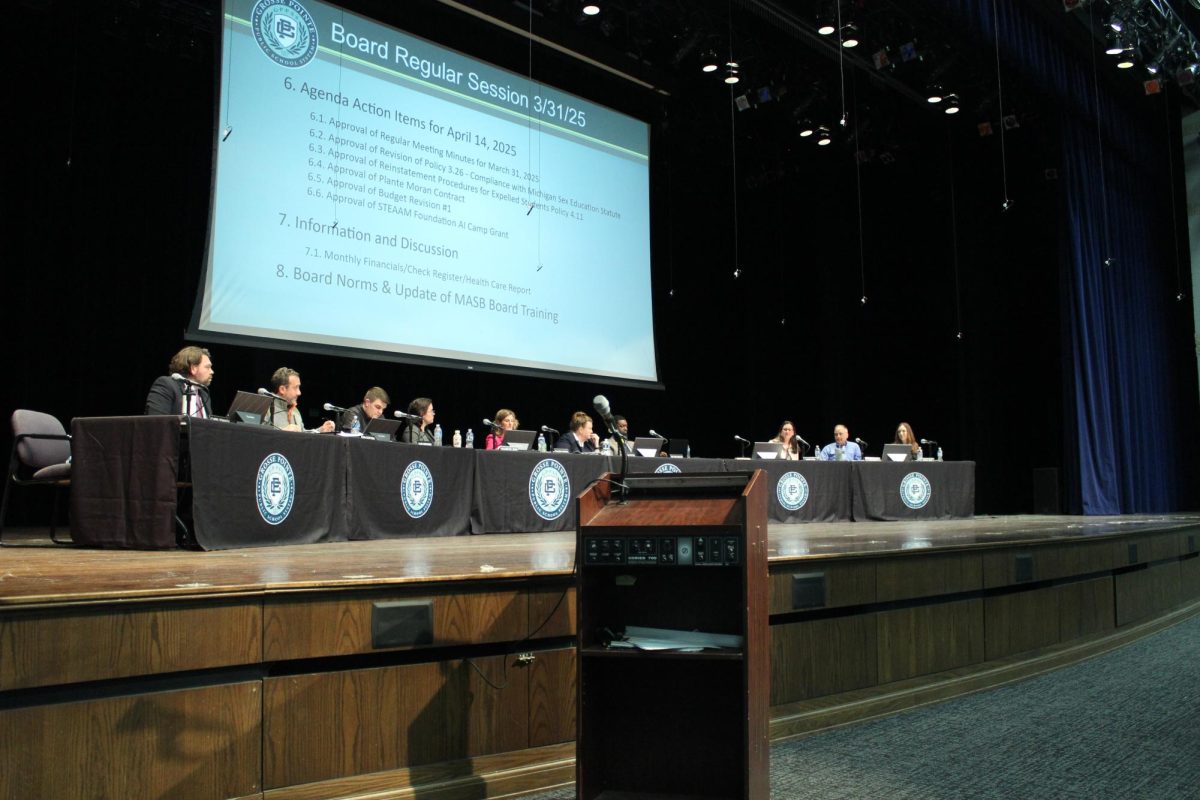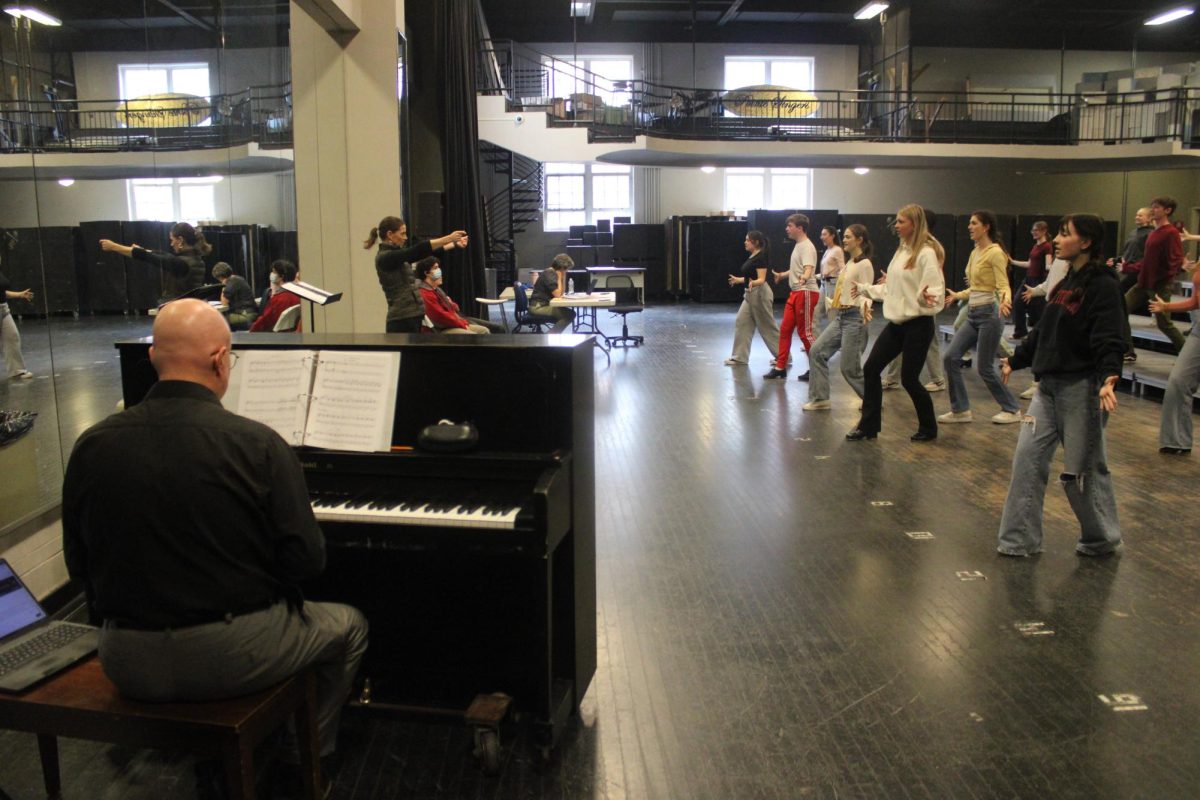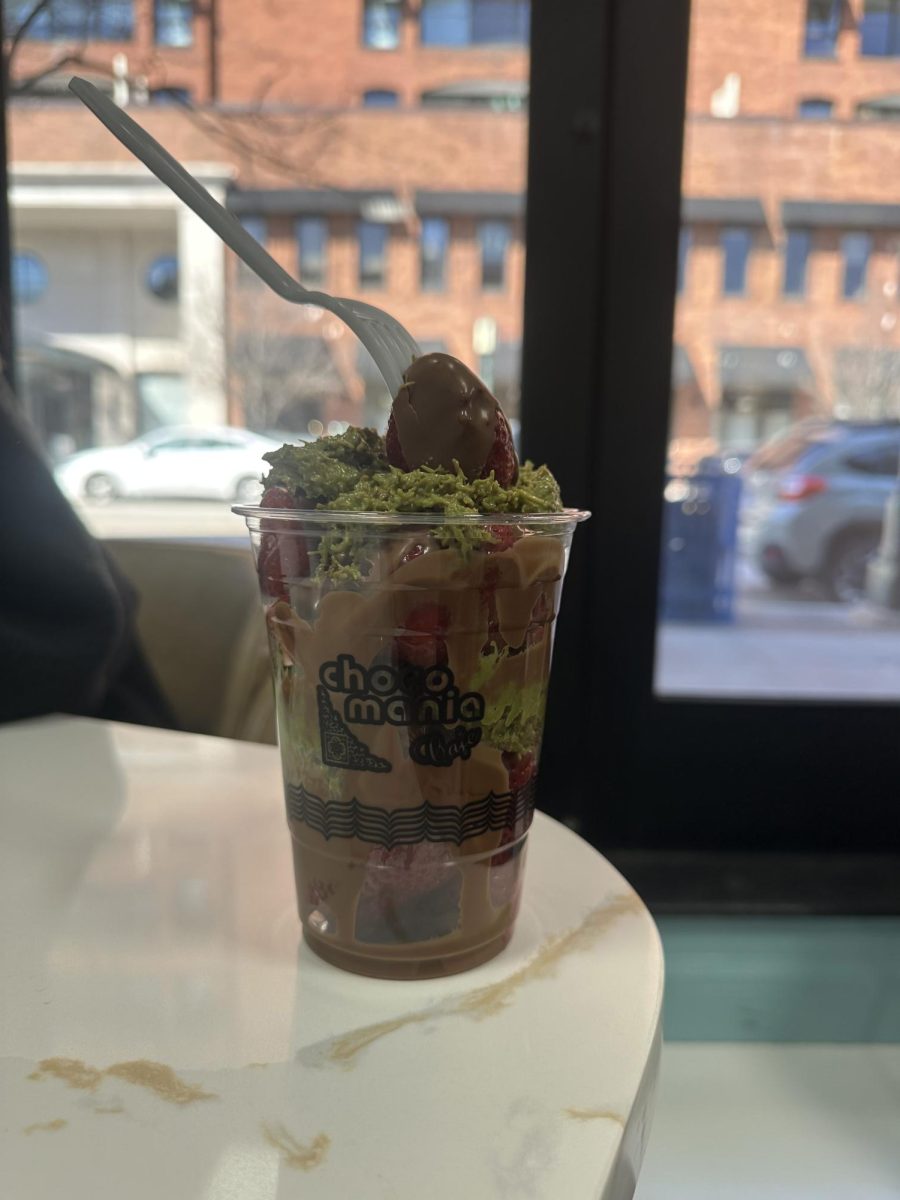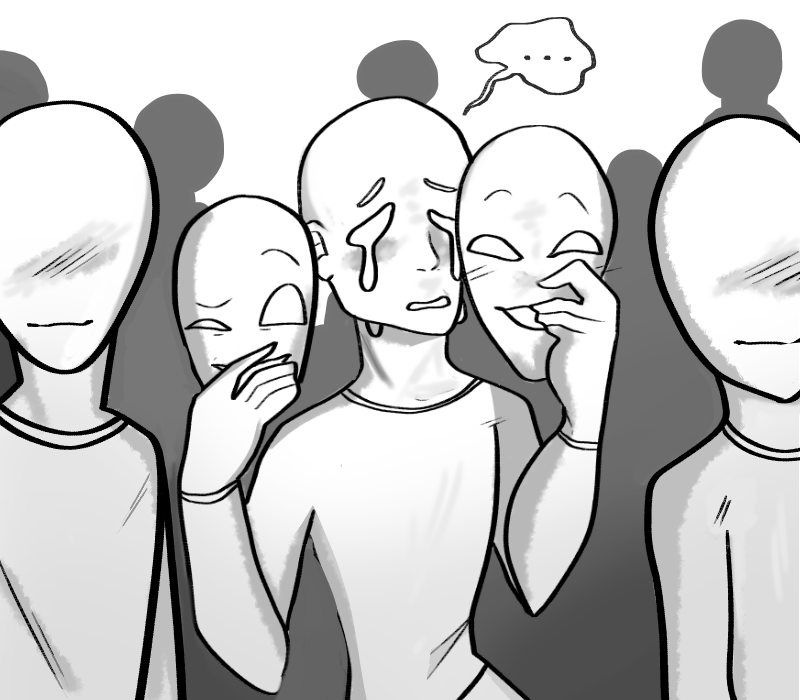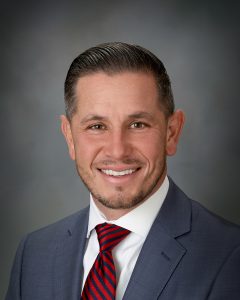We can make a difference
May 2, 2018
Last Thursday, while Grosse Pointe South students walked out of the building at 10:55, the teachers remained. That afternoon, they went through routine staff development training with an emphasis on an issue that pervades our modern society:about mental and emotional health concerns, and how our staff can better help students through difficult times.
Depression, anxiety and other similar issues have affected everyone, whether they personally experience them or know someone who does. The facts are not ignorable. According to the Anxiety and Depression Association of America, 6-8 percent of teens may have serious depression. Assuming that statistic holds true at South, then odds are that at any given moment, every class has at least one student who is suffering. We are not immune to this nationwide epidemic.
We have known about how these problems affect us for a while now. Students have been lectured and counseled, and teachers are receiving more advanced training. Despite this, students need to recognize and use their voice to make a difference as well. We at the Tower believe that all of us can help combat stereotypes, stigma and insensitivity surrounding mental illness.
One thing that may prevent students from dealing with this issue is the attitude and assumptions students make about mental health. It’s common to hear jokes about self-harm or ending their own life over trivial matters in the halls and online. However, when someone does this they are mocking those who do suffer and making light of a real issue. These insensitive comments can trigger panic attacks or other adverse reactions in vulnerable individuals struggling with mental health issues.
Mental illness can take many forms and is often hidden. Just because someone does not appear to be in distress doesn’t mean they aren’t, and not all who experience high stress, anxiety or depression are affected and react to the same degree. Students who have struggled with mental illness may not have revealed this about themselves for fear of being judged by their peers on baseless stereotypes. This environment only perpetuates the taboo surrounding suicide and mental illness.
Closing yourself off to an open, serious discussion about suicide and mental illness makes it harder for sufferers and survivors to be taken seriously and receive the help they need. While as their classmates we can respect those around us by avoiding triggering topics and insensitive jokes, we can also do our part by changing our attitude towards mental illness. We believe that students should be part of administration’s plan to educate faculty on suicide prevention, awareness and how to respond to mental illness.
While kind gestures can alleviate temporary sadness, they don’t necessarily “fix” everything about a person’s mental health status. Disorders like depression, PTSD and anxiety go beyond feelings of stress and disappointment that the average high school student experiences, and deserve to be recognized as the real health issues they are. The best course of action for anyone who feels they are struggling with more than lifes ups and downs is to should seek professional help and talk to an adult.
We at The Tower encourage students to educate themselves about mental health and illnesses in order to create an open, safe environment at south. We appreciate events like the Out of Darkness Walk which raises awareness of issues in our own community. We also appreciate steps to educate teachers and staff, and believe students should be part of this initiative as well.
If you or someone you know are struggling, we strongly urge you to reach out to the National Suicide Prevention Lifeline at 1-800-273-8255.

